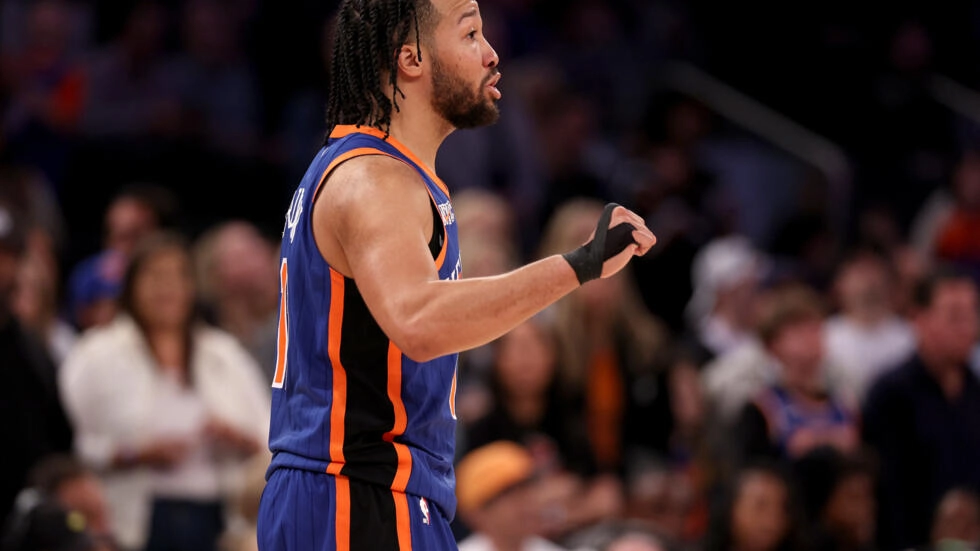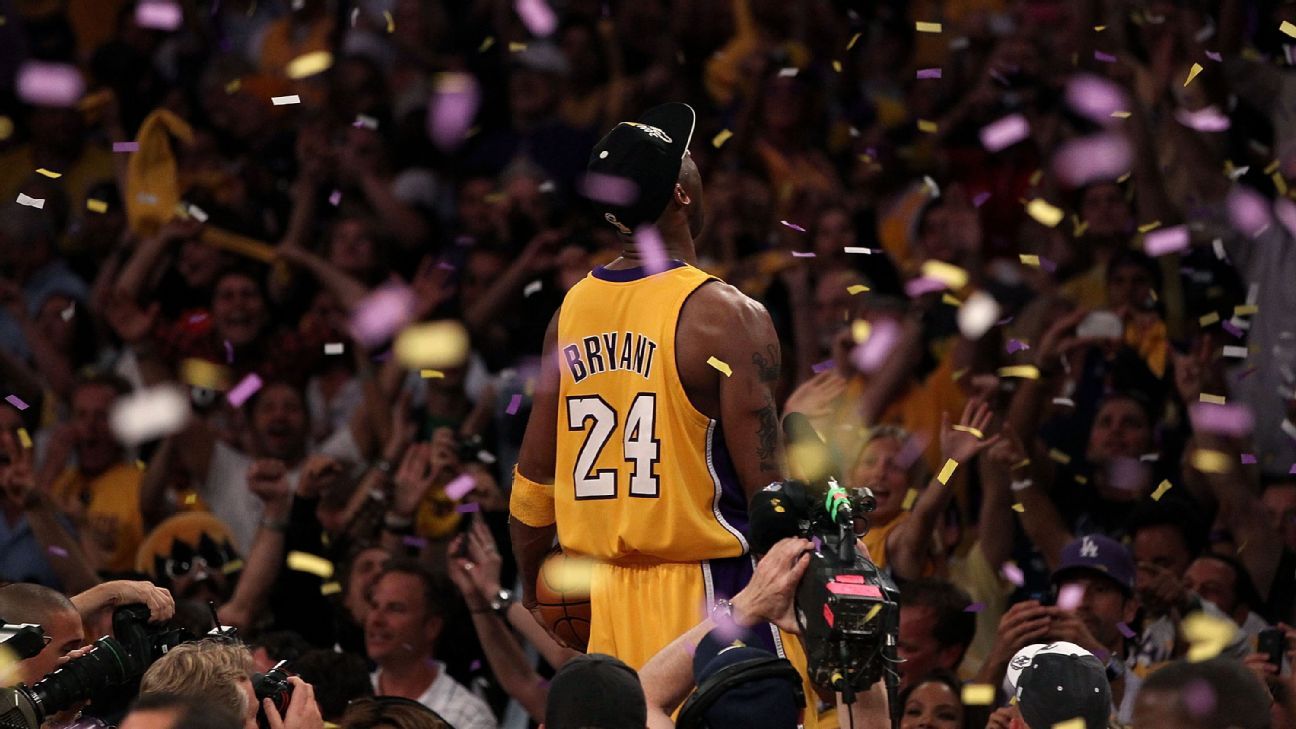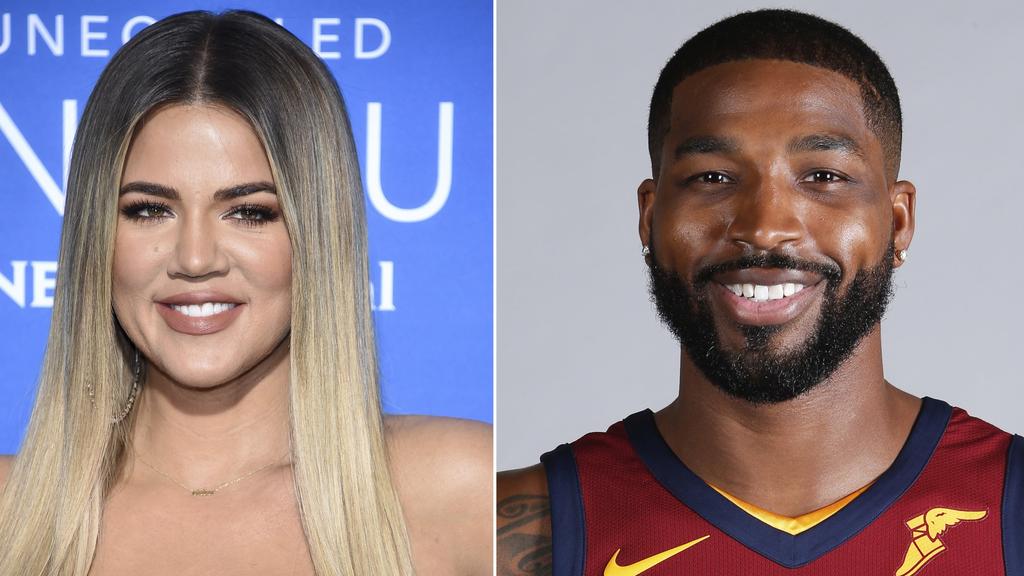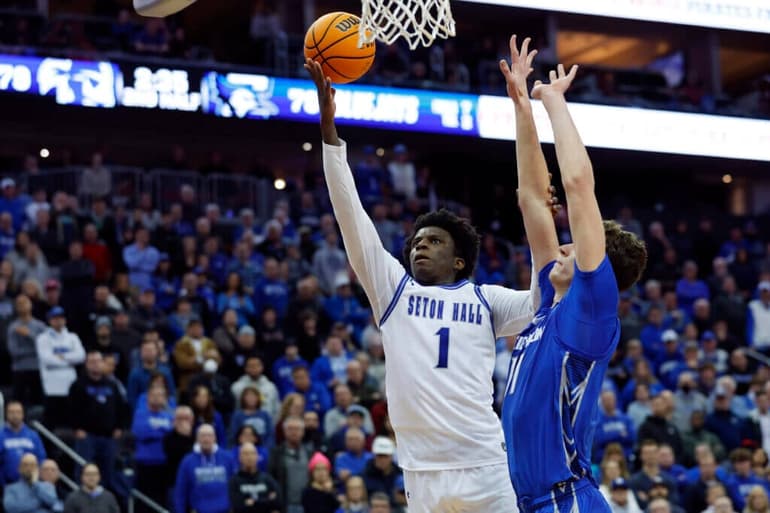This article is more than
1 year oldThe contrasting paths of Michael Jordan and LeBron James
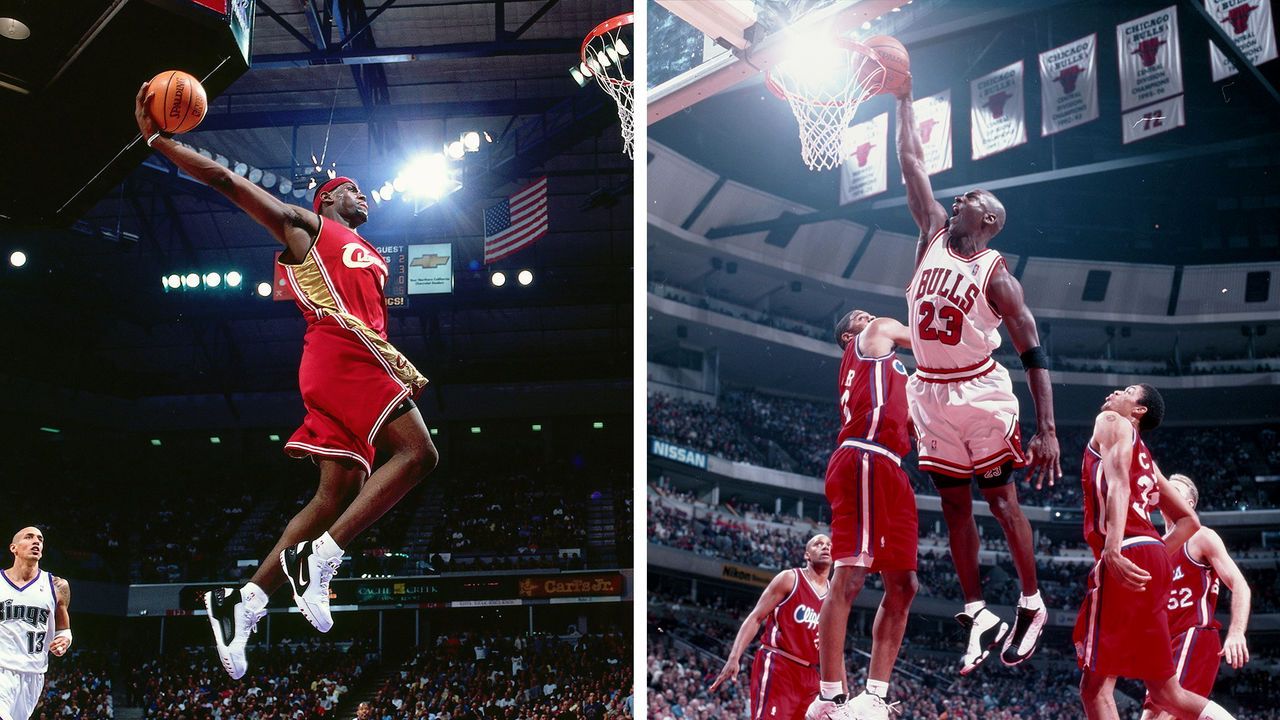
Jumpman: The Making and Meaning of Michael Jordan. By Johnny Smith. Basic Books; 336 pages; $30.
The Book of James: The Power, Politics, and Passion of LeBron. By Valerie Babb. PublicAffairs; 304 pages; $30.
One way of grasping a country’s traditions and troubles is to leaf through a history book. A more enjoyable method is to watch its sport. On Christmas Day millions of Americans will tune in to basketball on television: the National Basketball Association, North America’s premier basketball league, is staging five games. As well as offering the thrill only top-class sport can provide, the nba can also give viewers an insight into a serious side of America: its race relations.
The nba has long been dominated by African-American players. Yet it is not just that they have shaped basketball, basketball has also shaped African-American identity. The sport features heavily in rap lyrics and in the oeuvre of Spike Lee, probably the most influential black film-maker of all. And since black players first joined the nba in the 1950s, the basketball court has doubled as a battleground for civil rights. Champions like Bill Russell and Kareem Abdul-Jabbar were Black Power icons, their slam dunks reverberating across American society.
But no other player has jumped as high as Michael Jordan and LeBron James. Mr Jordan (pictured, right) won six nba championships with the Chicago Bulls in the 1990s and helped launch a hugely successful sportswear brand, Jordan, which last year raked in $5.1bn in revenue. Mr James (left), now playing for the Los Angeles Lakers, has won four titles (three of them with previous teams). He is the only player to become a billionaire during his on-court career. Fans dispute which of the two is truly the “goat” (greatest of all time).
Two new books chart their impact off the court—especially with regard to race. They show that the goats have had opposite game plans. “Jumpman” by Johnny Smith, a professor at Georgia Tech, contends that Mr Jordan sought to transcend race. He was black, but did not want to be defined by the colour of his skin. “The Book of James” by Valerie Babb, a professor at Emory University, notes meanwhile that “rather than using his celebrity to transcend Blackness, [Mr James] uses it to give Blackness a place of prominence”.
Mr Jordan never wished to be a tribune for his community. “I never thought of myself as an activist,” he has explained. “I thought of myself as a basketball player.” In 1990 he refused to endorse Harvey Gantt, a black Democrat running for a seat in the us Senate in North Carolina, Mr Jordan’s home state. Mr Gantt was facing Jesse Helms, a white Republican who had opposed civil-rights legislation. Mr Jordan’s mother beseeched her son to back Mr Gantt. But though he made a financial contribution to Mr Gantt’s campaign, he would not budge. His rationale: “Republicans buy sneakers, too.”
Mr James has no such qualms. He has denounced Donald Trump, endorsed Democratic candidates and supports Black Lives Matter. Over the past decade he has emerged as an ardent spokesman for racial justice. In the wake of George Floyd’s murder in 2020 he co-founded a voting-rights group to combat the suppression of black votes. When conservatives criticised his activism he retorted: “I will definitely not ‘shut up and dribble’.”
Each player was the product of his time. Mr Jordan landed on the nba’s squeaky courts in 1984, when President Reagan was extolling the virtues of a “colour-blind society”. Though racial injustice was scarcely absent from America, the success of black players in the nba was held up as evidence that the American dream was for black people too. Mr James reached his peak in a sharply different context, as race was again forcing itself to the forefront of public discourse. Mainstream institutions, from the Democratic Party to big corporations, have embraced anti-racist movements like Black Lives Matter.
Had Mr Jordan taken some of the same stances as Mr James, he would probably have run into trouble with sponsors and the media. He sat on the sidelines not from apathy but from self-preservation. Nor is Mr James a pure progressive. He has refused to condemn human-rights abuses in China—a huge market for the nba. In 2019 he called a basketball executive “misinformed” for supporting pro-democracy protesters in Hong Kong. (China buys sneakers, too.)
Both books reflect their subject. Mr Smith’s is restrained and sober, and does an impressive job of putting Mr Jordan into historical context. Ms Babb’s book, by contrast, is passionate and bombastic. At times it reads like an activist manifesto, filled with too many slogans and too little insight. It pales next to “LeBron”, a vivid biography by Jeff Benedict, a sports journalist, published earlier this year that was aided by unparallelled access to Mr James’s inner circle.
So who prevails in an off-court battle of the goats? Mr James must be commended for using his wealth and fame to advance causes he believes in. There is something exhilarating about his self-assurance in a league where no team is majority-owned by a black person. (Mr Jordan, as it happens, used to own most of the Charlotte Hornets, but sold his stake this year.)
But it would be a rookie mistake to disqualify Mr Jordan. At a time when individuals are too often reduced to their race, his insistence on universalism is inspirational. “I think sometimes I’m looked upon as not just a black person, but as a person,” he said in 1989. “And I think that’s totally new ground for us—and for society…” Then Mr Jordan concluded, “View me as a person.” ■
Keywords
<p>A bill that will ban TikTok in the United States unless its Chinese owner divests from the company has passed overwhelmingly.</p>
Congress gets closer to forcing TikTok to be sold or face US ban: What's ne
Israel Iran attack: Damage seen at air base in Isfahan
Ukraine ‘will have a chance at victory’ with new US aid, Zelenskyy says
Ukraine war: Kyiv uses longer-range US missiles for first time
House passes potential TikTok ban that could speed through Senate
Who will be Trump’s VP? A shortlist
Congress passes bill that could ban TikTok after years of false starts
How soon could US ban TikTok after Congress approved bill?
Finally, America’s Congress does right by Ukraine
